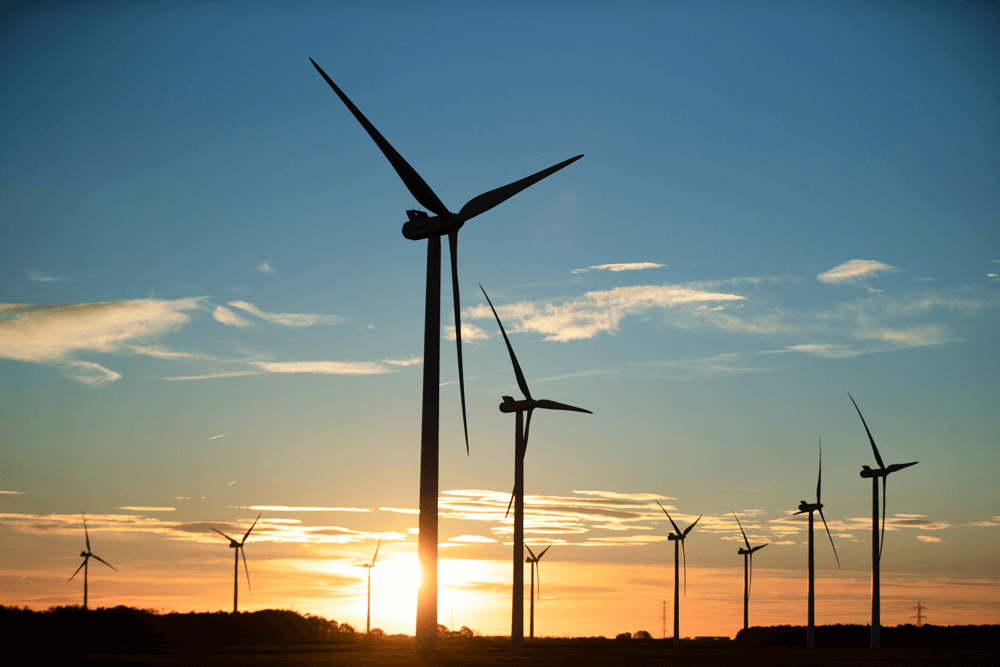
Sustainability
Back in 2017, we set ambitious sustainability targets to achieve by 2025 against areas aligned to the U.N. Sustainable Development Goals where we felt we could have the greatest positive impact. Those goals, part of our Environmental, Social and Governance approach, form what we call Our Imprint – a recognition that we make an impact with every decision we make.
Our Imprint has two pillars – People and Planet. To find out more about Our People goals visit Our People page.
To read our latest global Our Imprint ESG report visit our Goals and Reporting page.
Our Planet Imprint – Our sustainability journey in Western Europe
Our Planet goals are focused around four core areas – reducing our carbon footprint to play our part in fighting climate change, protecting one of our most precious resources - water, developing packaging solutions that are reusable, recyclable or compostable to improve the circular economy, and taking a stewardship approach to agricultural and other sourcing by applying best-practice responsible sourcing principles.
By 2025, we’ve committed to reducing carbon emissions from our global direct operations by 50% and by 20% across our value chain. These carbon reduction targets are aligned to the most ambitious aim of the Paris Climate Agreement, to limit global temperature rise to 1.5 degrees Celsius and verified by the Science Based Targets initiative.
Globally, our target is to reach net zero emissions by 2050, something we aim to accelerate in our Western Europe business where we have committed to net zero across scopes 1&2 by 2035 and have an ambition to accelerate our journey to net zero across our whole value chain by up to a decade.
We’ve been investing heavily in our breweries over the past decade to make our operations more energy efficient. Carbon dioxide is used throughout the brewing and packaging process and at our breweries in Burton and Tadcaster, we have carbon dioxide recovery plants which allow us to recover carbon dioxide, reusing it in the brewing process and reducing the amount released into the atmosphere. The energy efficiency improvements we’ve been able to make also mean that since 2014 we have decreased energy consumption per hectolitre produced by more than 20%.
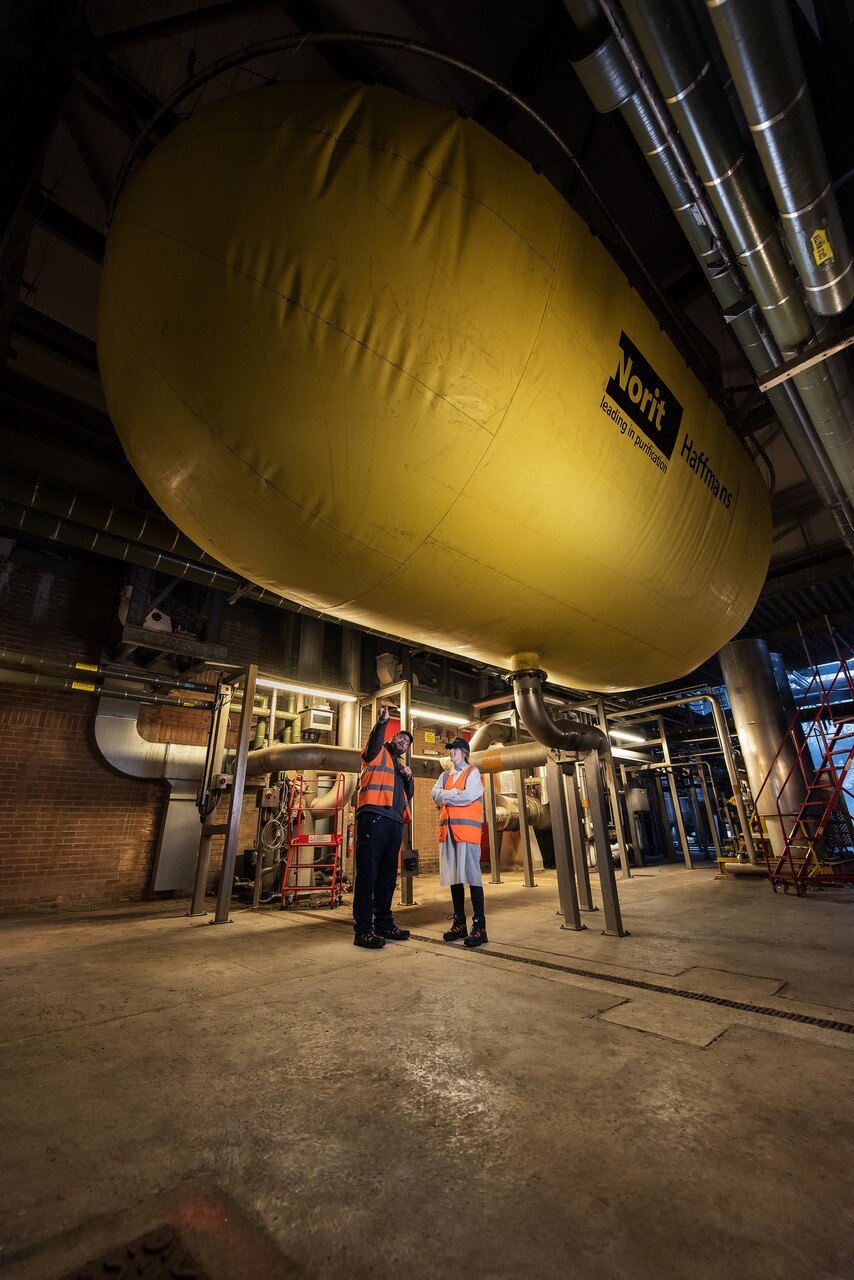
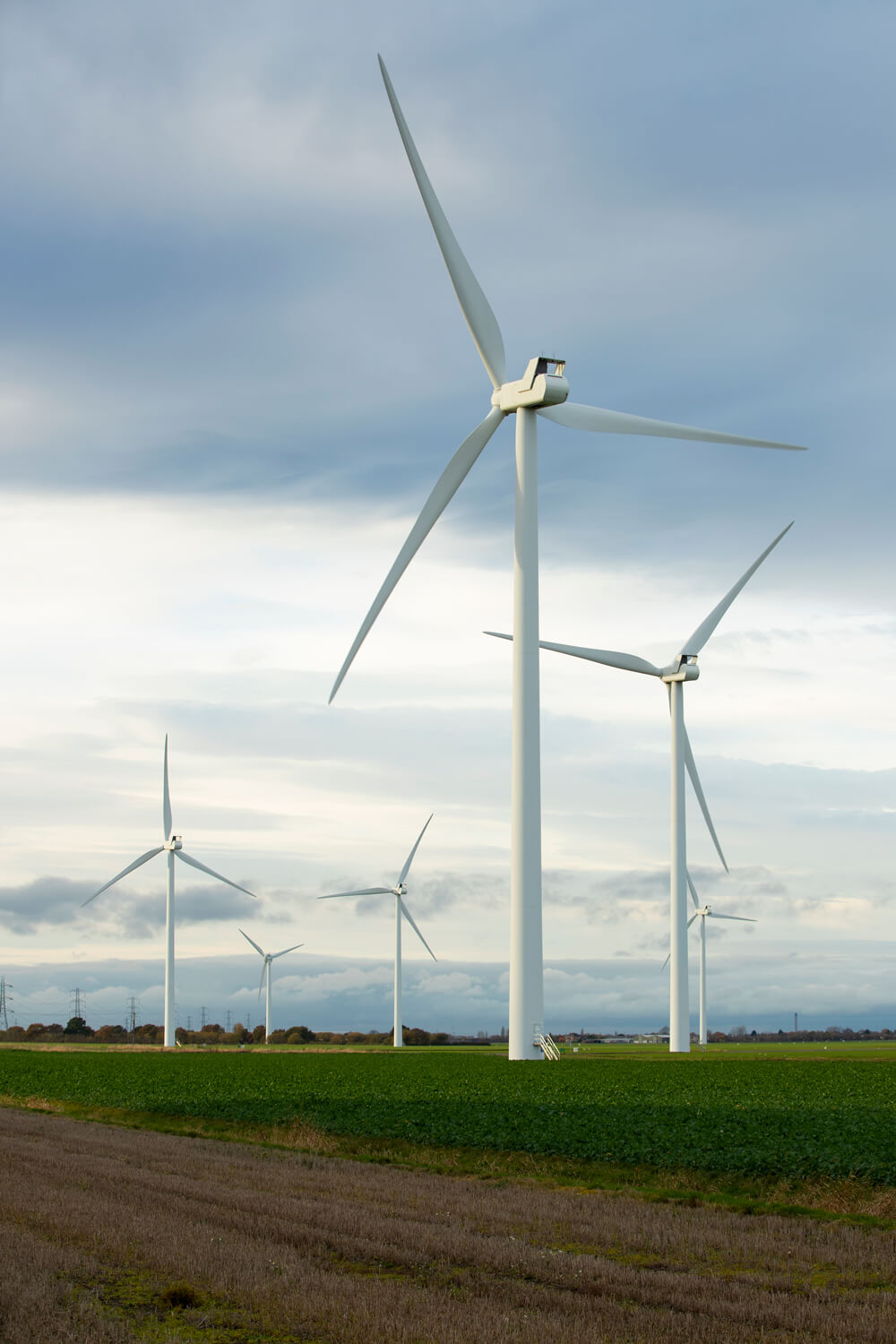
In 2021 we took another major step forward when we became the first major UK brewer to make all of our products using 100% renewable electricity. Our production sites brew and package products using renewable electricity sourced from Tween Bridge Wind farm via a Power Purchase Agreement, powering all of our UK production sites and our offices. In an average year we consume about the same amount of electricity as about 25,000 households – or the population of our brewing home in Burton upon Trent – and since March 2021 all of this electricity now comes from our Tween Bridge wind farm. It means that in an average year, the around 1 billion pints we produce in the UK are made with electricity from 100% renewable sources.
Water is used throughout our operations, and we strive to use it as efficiently as possible.
Our largest UK site, Burton Brewery, consumed 24.7 million HL of water in 2022 – a reduction of almost 13% or 3.6 million hectolitres since 2016.
At our Sharp’s Brewery, Tadcaster Brewery and Aspall Cyder sites we have installed wastewater treatment plants that enable process wastewater to be treated on site. The quality of our water treatment at Tadcaster and Aspall allow the cleaned water to be discharged into local rivers close to the sites.
Instead of using mains water, our Burton and Tadcaster breweries extract their raw water from underground aquifers; water is abstracted via licenced wells and boreholes situated across the two towns.
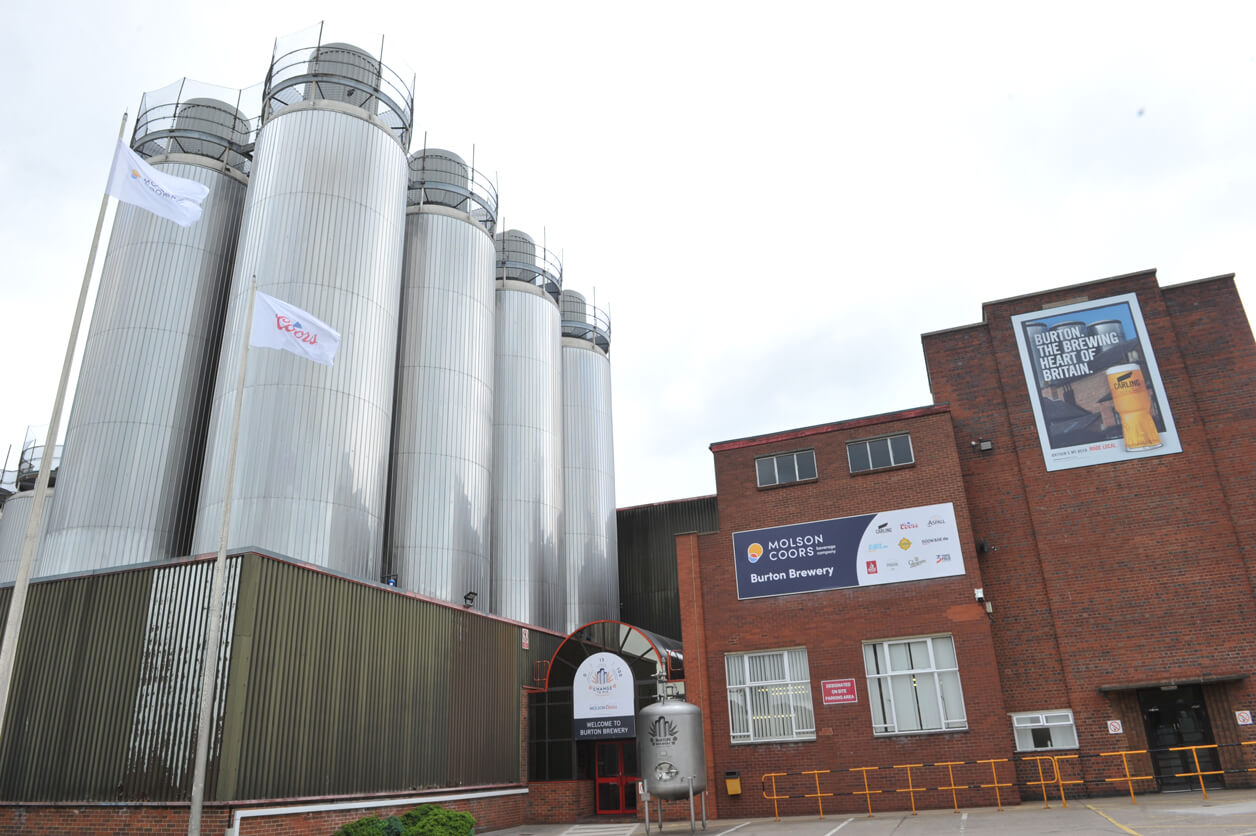
Improving the circular economy is at the heart of our packaging goals. We’ve committed to making our packaging 100% reusable, recyclable or compostable by 2025 and achieving zero waste to landfill at 100% of our operations. Globally in 2022, more than 99% of our packaging is reusable, recyclable and compostable and 17 of our facilities are zero waste to landfill.
In the UK and Ireland, all of our production sites are zero waste to landfill, and in April 2021 we achieved our goal of removing all single-use plastic from across our major brands. Back in 2020 we removed the plastic wrap around our larger packs, moving to fully enclosed cardboard and in 2021 we removed plastic rings, switching to cardboard sleeves that are fully recyclable, made from renewable wood fibres from certified sources and contain up to 17% recycled carton board. These changes mean since 2019 we have removed around 800 tonnes of single use plastic from our UK operations.

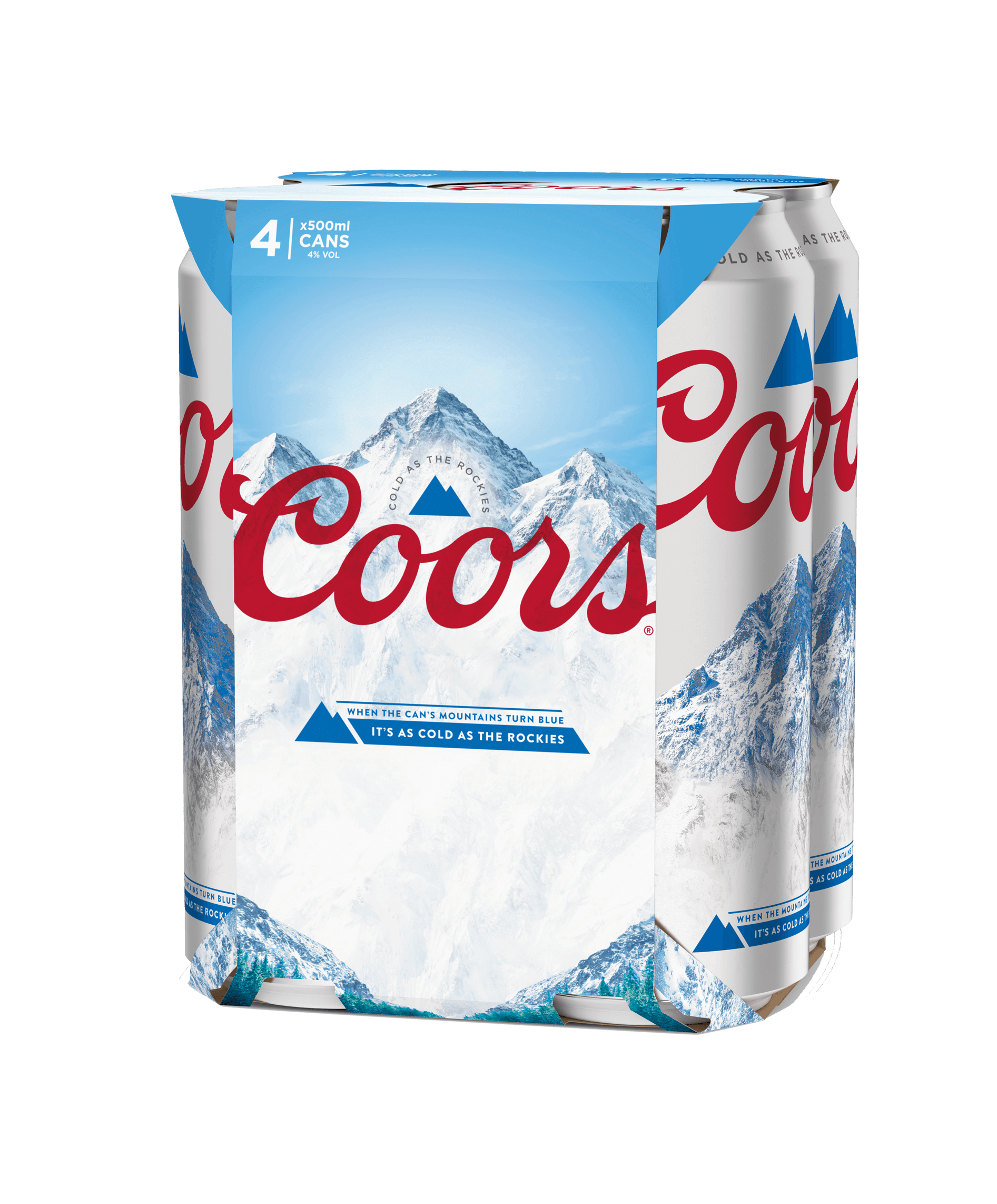
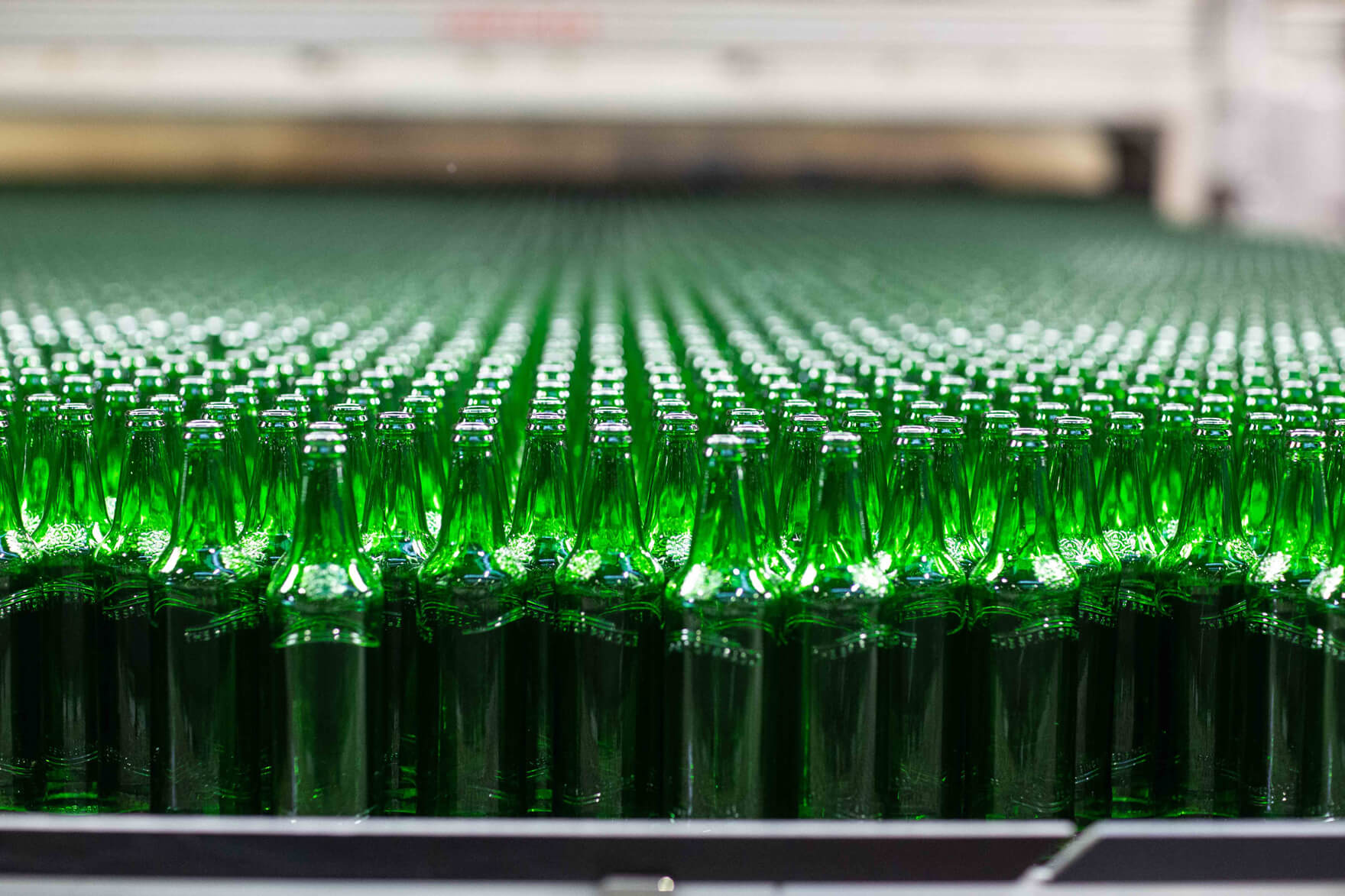
We couldn’t make these achievements without the same passion and commitment from our suppliers. In 2021 we worked on a low carbon glass trial with Encric and Glass Futures. Together we produced around 2 million of our 660ml Staropramen bottles using 100% cullet – which is recycled or waste glass – up from the usual around 75% used in green glass bottles and switched from natural gas during production to a sustainable, plant-based biofuel to fuel the glass furnaces. The result was the carbon footprint of each bottle was reduced by up to 90%. A great achievement and testament to great minds coming together to produce more sustainably.
As a brewer and cider maker, our sustainability commitments go from the farm all the way to the glass. Around 80% to 90% of our goods and services are sourced locally in the UK and Ireland.
Promoting a circular economy is important to us and in Burton where our largest brewery and head office are based, our spent yeast goes to the local Marmite factory and spent grains go to local farmers for animal feed.
In the UK, Carling is made with 100% British barley and we only use UK maltsters to keep our food miles low. Back in 2008 we formed our Molson Coors Growers Group. Our Growers Group has more than 140 farmers, committed to protecting natural resources and making gains in water stewardship and soil health.
Each year we award the Sustainable Grower of the Year award, and one of our recent winners was third generation Shropshire farmer, Phil Preece. The Grower of the Year award recognizes Phil for excelling at consistently producing high-quality British malting barley, for his proactive engagement as a member of the Molson Coors Growers Group and for adopting more sustainable farming practices.
Growers like Phil are implementing measures to try and increase biodiversity on farm using cover crops, hedgerows, and field margins to provide spaces for local wildlife to thrive while improving soil health, alongside seeking to enhance water pollution preventions by integrating biofilters, settlement ponds and precision watering techniques.
Our growers are also winning prestigious external sustainability awards. Grower Tim Parton has been awarded both ‘National Soil Farmer of the Year’ and ‘Gold Winner Arable Innovator of the Year’ for his innovative and future-focussed work into methods that protect and improve the microbiology of the soil. Recently grower Jake Freestone also won the BBC Food and Farming’s ‘Farming for the Future’ award for his work at Overbury Farms where they have been using a regenerative farming system since 2013 using no till, cover crops and livestock to reduce artificial fertiliser use and improve soil health.
Our Growers Group regularly shares best practise such as this among its members and the growers regularly hold meetings at different farms throughout the year to discuss latest sustainable techniques and technology.
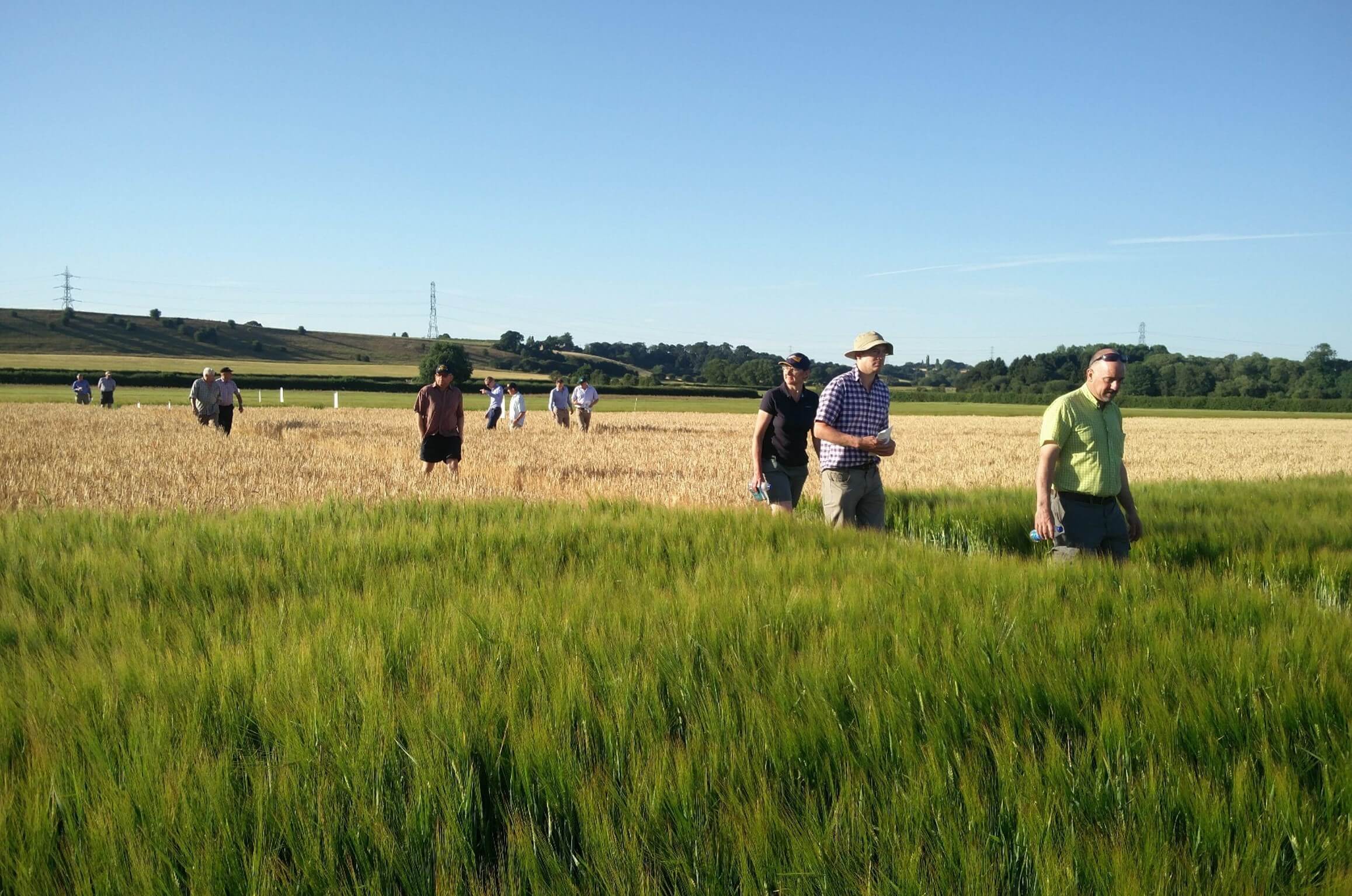
Sustainability latest updates
Visit our News page for all our latest updates on our progress on our sustainability journey.
Watch our short film on how our sustainability journey comes to life at our Burton Brewery.